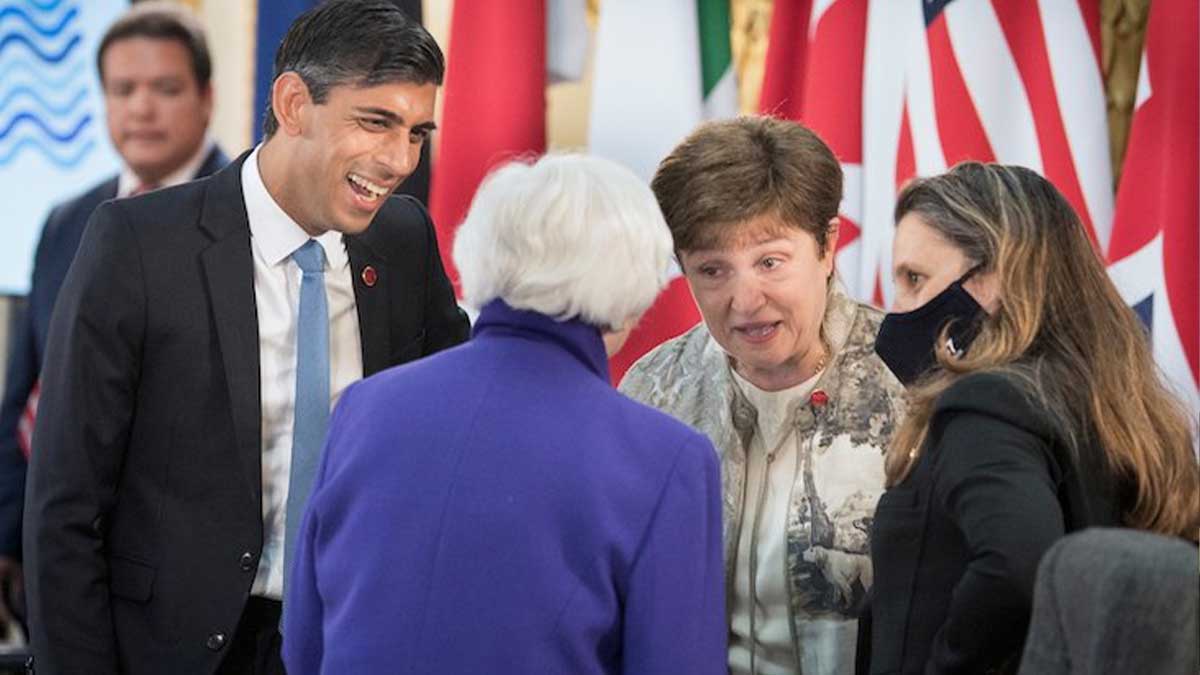In a meeting held on Monday, IMF approval of $650 billion to boost the global economy, given in the form of Special Drawings Rights (SDRs).
SDRs are units of account for International Monetary Funds. The SDRs are both assets and liabilities of the International Financial Institutions. They were created by IMF in 1969 to supplement a shortfall of preferred exchange reserves assets. They are allocated by the IMF to member counties and cannot be held or used by private parties.
The allocation of SDRs will be effective from Aug 23 this year. During the year 2019, IMF had approved a 39-month Extended Arrangement under the Extended Fund Facility for Pakistan in the amount of SDRs 4,268 billion which come to $6 billion. The SDRs are a basket of different currencies including the US dollar, Japanese yen, Euro, Pound, sterling, and Chinese renminbi.
Read more: Pakistan to receive $2.8 billion from IMF for coronavirus fight
In a statement, Kristalina Georgieva, the managing Director of IMF said, “This is the historic decision – the largest allocation in the history of IMF and a shot in the arm for the global economy at a time of unprecedented crisis. The SDR allocation will benefit all members, address the long-term global need for reserves, build confidence and foster the resilience and stability of the global economy. It will particularly help our most vulnerable countries struggling to cope with the impacts of the Covid-19.crisis.”
A member country can transfer SDRs to another member country and receive credit in a convertible or hard currency. The current interest rate is 0.050%. The SDRs will be credited to the member countries in proportion to their present quotas in IMF.
Out of total allocation, approximately $275 billion will be for emerging markets and developing and poor countries. The rich members of IMF have the option to voluntarily channel part of their SDRs to scale up lending for poor member countries through the Institutions’ Poverty Reduction and Growth Trust (PRGT).
The MD of IMF said, “We will also continue to engage actively with our membership to identify viable options for voluntary channeling of SDRs from wealthier to poorer and more vulnerable member countries to support their pandemic recovery and achieve resilient and sustainable growth.”





















